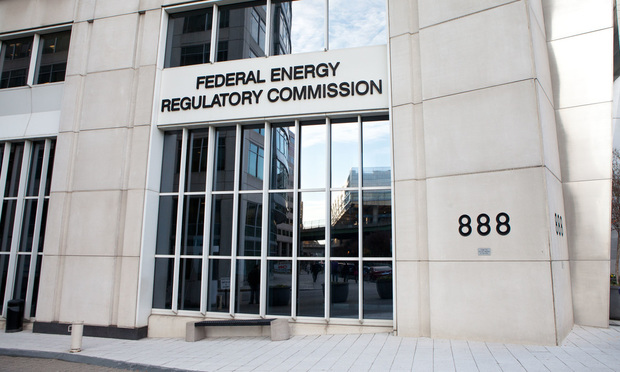On Oct. 6, 2018, Justice Brett M. Kavanaugh was confirmed to the U.S. Supreme Court. Before becoming a justice, he was on the U.S. Court of Appeals for the D.C. Circuit for 12 years. According to the Congressional Research Service, Judge Kavanaugh adjudicated more than 1,500 cases and authored a majority, concurring or dissenting opinion in 306 cases.
As a historical matter, the Supreme Court hears few cases involving the Federal Energy Regulatory Commission (FERC). Yet this may change given the blurring of the line between wholesale markets, which are FERC jurisdictional, and retail markets, which the states oversee. In 2015-16, the court decided a trilogy of cases—Oneok v. Learjet, 135 S. Ct. 1591 (2015), Federal Energy Regulatory Commission v. Electric Power Supply Association, 136 S. Ct. 760 (2016), and Hughes v. Talen Energy Marketing, 136 S. Ct. 1288 (2016)—that navigate the line between state and federal jurisdiction. Moreover, concern over climate change, the convergence of environmental and energy policy and jurisdictional conflict between FERC and bankruptcy courts over wholesale power contracts may result in litigation that winds its way to the Supreme Court.


 Federal Energy Regulatory Commission in Washington, D.C.
Federal Energy Regulatory Commission in Washington, D.C.







